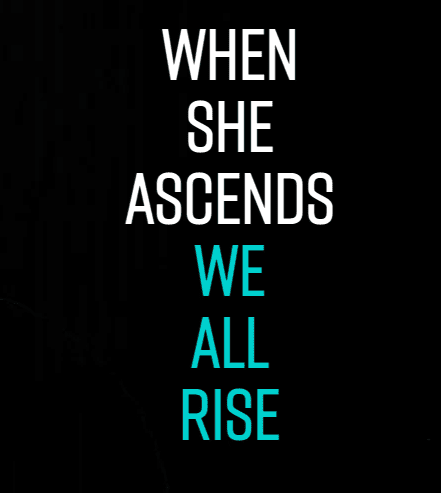Pilot to accelerate gender parity in politics launched in Michigan, Mississippi, and Washington

Today, The Ascend Fund, a collaborative fund dedicated to accelerating the pace of change toward gender parity in U.S. politics, announced $600,000 in grant awards to 13 nonpartisan, nonprofit organizations in Michigan, Mississippi, and Washington as part of a pilot project designed to increase the number of diverse women serving in state legislatures.
“Recent debates in state legislatures over abortion, voting rights, and other critical issues illustrate the increasing power of state lawmakers in politics. We want to ensure that everyone affected has a seat at the table in crafting such foundational bills,” said Abbie Hodgson, Director of The Ascend Fund.
Read More









